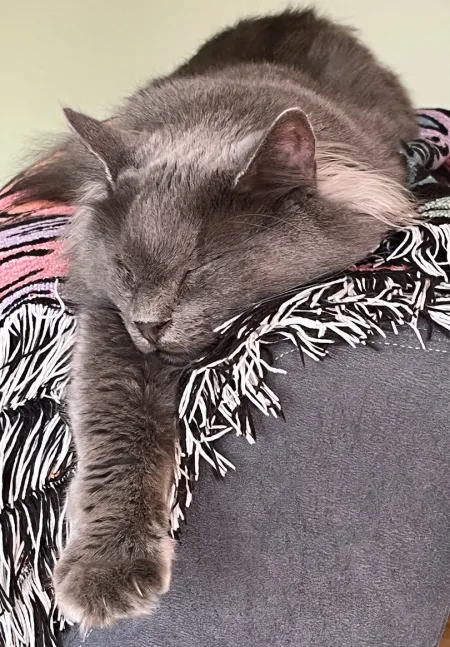An ESA is domesticated and common household animal that may be approved as a reasonable accommodation for students or employees with a documented disability. ESAs must be requested and approved the appropriate office.
- Students should contact Student Accessibility Services to request an ESA
- Employees should contact Linda Koenig (lkoenig@ithaca.edu), the IC ADA Coordinator, to request an ESA
An approved ESA is generally considered to be an accommodation to the college’s prohibition on animals/pets in housing. Before an approved ESA is allowed on campus, the handler must agree to and sign the appropriate form detailing various regulations, handler responsibilities, liability for damages caused by the animal, and care guidelines.
- Students should fill out the Residential Life Animal Agreement
- Employees should fill out the Extended Housing Agreement.
